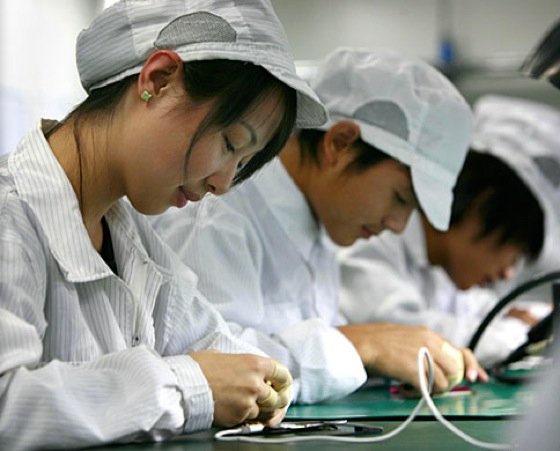iPhone shortages could extend until April due to the coronavirus outbreak

What you need to know
- The coronavirus continues to impact iPhone production.
- Sources believe suppliers won't be back to normal output until April.
- The exact impact on the new, cheaper iPhone is unknown.
While rumors continue to swirl around a March event as well as an iPhone SE 2 (or iPhone 9) and iPad Pro launch, Apple is struggling to get production back to full capacity. According to the Nikkei Asian Review, production of the new iPhone could result in a pushed launch date and existing models may continue to experience shortages until at least April.
One of the sources said that suppliers are trying to get the new, cheaper iPhone through the production cycle in four weeks, adding that more delays of the low-cost iPhone will affect Apple's strategy throughout the rest of the year.
"The suppliers are doing their best to produce and ship the iPhone within four weeks. ... The delay can't be too long, otherwise, it will affect the sales strategy of Apple's new products in the second half of this year."
Another source claims that iPhone suppliers are currently operating at only 30% to 50% capacity because of labor and logistics issues. These problems are resulting in a shortage of iPhone supply that will most likely not be resolved until April.
"On average, suppliers in the iPhone supply chain are currently operating at around 30% to 50% of capacity ... The constrained supply of iPhones will likely extend to April. There are still a lot of hurdles, from labor shortages to logistics transportation. ... The biggest uncertainty is still lingering as no one can be sure whether the coronavirus is under control."
Apple reportedly ordered up to 80 million new iPhones, with 15 million being earmarked for the low-cost model, to go through production in the first half of 2020. Those production numbers now appear to be far from reach, and Apple has lowered its Q2 guidance for investors as a result.
The exact impact on the new iPhone is still unknown. The launch date could be pushed further out or Apple could stick to the launch date with fewer units available. Those are the options unless suppliers figure out a way to get production back to normal levels in time.
Master your iPhone in minutes
iMore offers spot-on advice and guidance from our team of experts, with decades of Apple device experience to lean on. Learn more with iMore!

Joe Wituschek is a Contributor at iMore. With over ten years in the technology industry, one of them being at Apple, Joe now covers the company for the website. In addition to covering breaking news, Joe also writes editorials and reviews for a range of products. He fell in love with Apple products when he got an iPod nano for Christmas almost twenty years ago. Despite being considered a "heavy" user, he has always preferred the consumer-focused products like the MacBook Air, iPad mini, and iPhone 13 mini. He will fight to the death to keep a mini iPhone in the lineup. In his free time, Joe enjoys video games, movies, photography, running, and basically everything outdoors.
